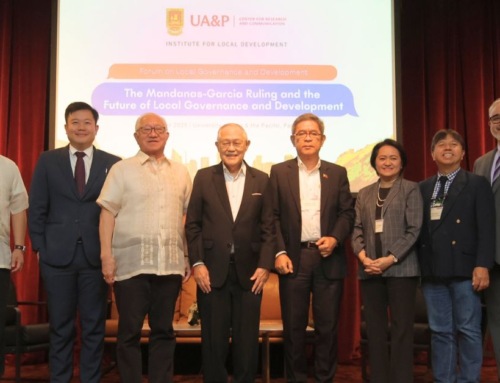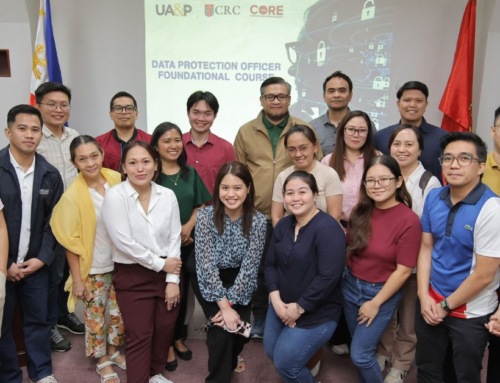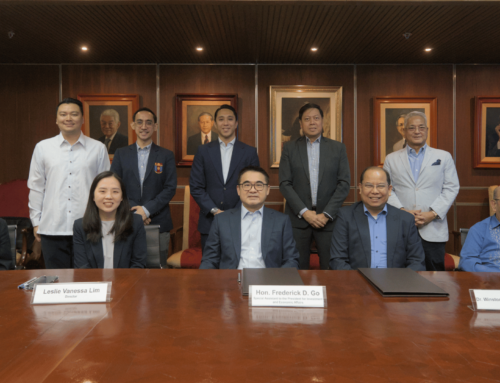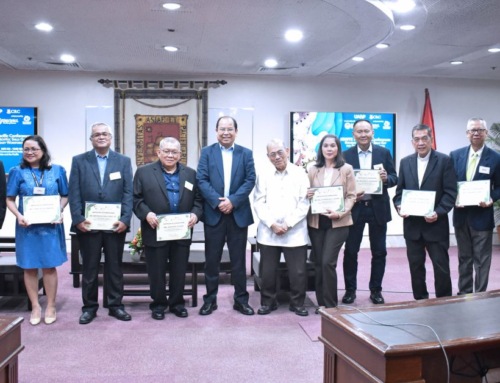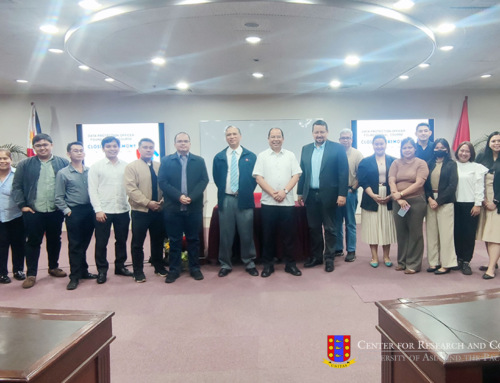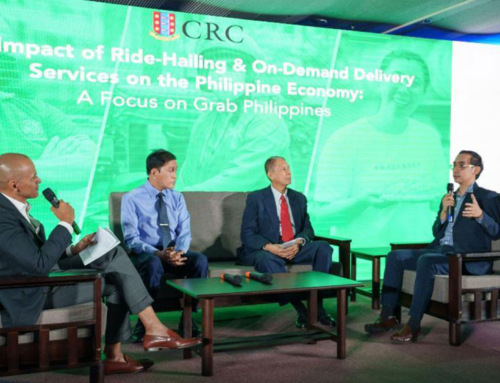The Digital Economy — What would happen to the Philippine’s digital sector if the Philippine constitution could be amended to encourage more Foreign Direct Investments? Analytics, data science, e-commerce, and online services may be some of the key growth industries that could fuel the Philippines’ post-pandemic economy, but they are all ultimately dependent on the capacity of the country’s telecommunications infrastructure.
“Better Telecommunications in the New Normal”
In a series of Fora co-organized by the Center for Research and Communication, leading Philippine economists and key figures have been exploring the ins and outs of this scenario, with the latest session held last June 25, 2021 focused on “better telecommunications in the new normal.”
The event, which was fourth in the series of fora featuring key sectors of the Philippine society, was headlined by Converge ICT Solutions Inc. Chief Strategy Officer Benjamin Azada, Philippine Department of Information Science and Technology Secretary Gregorio Honasan, and Congressman Lorenz R. Defensor of the 3rd District of Iloilo. But earlier events in the fora, particularly the series launch last May 14, and the session on Jobs and the Labor Sector, touched on telecommunications and the digital economy as well.
During the series launch, Representative Stella Luz A. Quimbo of the 2nd District of Marikina City, citing 2019 data from the DICT, noted that the economic restrictions in the 1987 constitution had unintentionally led to the Philippines having the slowest and least affordable internet in ASEAN, with only two players dominating the market, and only 17 percent of households having internet connectivity. New Foreign Direct Investments, Quimbo noted, would expand the market, generate more jobs, lead to cheaper and faster internet, and allow more homes to connect.
“These are the most strategic industries for long term capital.”
“Amending restrictive economic provisions is very urgent,” agreed CRC director of research Dr. Bernardo M. Villegas, also speaking at the launch. “We have to remove restrictions preventing foreign direct investments in public utilities, telecommunications, mass media, advertising, and in higher education – because these are the most strategic industries for long term capital, especially now that our country is over-borrowed.”
Villegas’ comments are of particular significance, since he was actually a member of the constitutional commission that framed the 1987 Constitution of the Philippines, some three and a half decades earlier. He had been part of the minority that argued against the inclusion of the economic provisions which institutionalized strong restrictions to restrict the influence of foreign capital in these key sectors.
As a speaker talking from the perspective of the business sector, Chief Strategy Officer Benjamin Azada of Converge ICT Solutions Inc noted that they are supportive of the move to encourage more Foreign Direct Investments in the Philippine telecommunications sector, since they are “measures that are seen to boost the country’s competitiveness.” He noted that regulatory reform “will unlock the full potential of the telecommunications industry… and usher in more competition, including [within] the fixed broadband market.”
Adopted by the house in June 2021
Resolution of Both Houses 2 (RBH 2) aims to make economic restrictions in the 1987 Constitution less rigid by adding the line “unless otherwise provided by law” to the charter’s various economic restrictions. It was adopted by the Philippines’ house of representatives in June 2021, but will still need to be adopted by the Philippine Senate before it can be put before the Philippine electorate for ratification.
“Better Telecommunications in the New Normal” was the fourth in the series of economic fora, with the next session focused in turn on “Opening the Economy for Recovery: Arts, Entertainment, and Advertising to Steer Philippine Economy.” Anybody interested in watching or participating in the event can register at https://bit.ly/3wUqnvH , to be able to attend on July 9, 2021 at 9:00AM. Future sessions are expected to discuss the impact of constitutional reforms on energy services and renewable energy, and expound on the difficulties encountered by foreign investors when they come to the Philippines.
The series of economic fora is led by DILG Philippines and co-organized by the Center for Research and Communication, Konrad-Adenauer-Stiftung Philippines Office , Censei, the DAP Graduate School of Public and Development Management, PSPA (Philippine Society for Public Administration), and Blueprint.PH.
The Research and Consultancy link to Philippine Business Opportunities
Let the Center for Research and Communication be your research and consultancy link to Philippine business opportunities. Get in touch with us via our LinkedIn of Facebook accounts, or email us at [email protected]. • | CRC Staff Writer ||
———————————————————–
The Center for Research Communication is the research and consultancy link to Philippine business opportunities, uniquely poised to help you with technical and financing evaluation, demand evaluation, partnership development, project impact evaluation, and team upskilling and learning. To find out more about CRC, send an email to [email protected], or follow us on LinkedIN at linkedin.com/company/centerforresearchandcommunication. You can also find us on Facebook at facebook.com/centerforresearchandcommunication.
#Investments #ForeignDirectInvestments #FDIs #DigitalEconomy #PhilippineDigitalEconomy #Telecommunications #PhilippineTelecommunications #PhilippineTelecommunicationsSector #coreeconfora #economicrecovery #PhilippineEconomy #businessopportunities #consultancy

